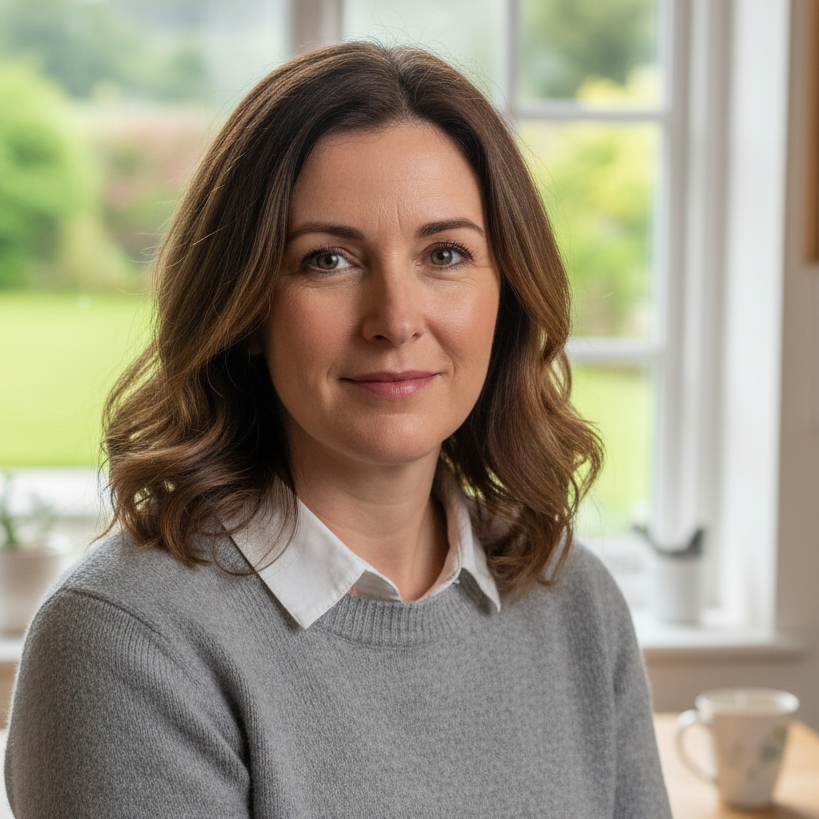Systemic psychotherapy in Dublin, Ireland, refers to a therapeutic approach that focuses on understanding and addressing relational dynamics within systems such as …
.


Marriage Therapy Dublin
Do you want a relationship that is secure, stable and respectful?
Marriage Therapy Dublin can help.
Are you struggling to get your needs met or to be heard by your partner? Marriage therapy Dublin will show you how.
Do you have the same arguments over and over again? If so, then availing of marriage therapy Dublin is a must!
David Kavanagh is a registered psychotherapist.
He is the author of “Love Rewired- using your brain to mend your heart”.
He has helped over 12,000 couples to date and is a specialist in the area of relationship consultancy.
Based in Templeogue, David runs a thriving private practice.

We now accept payment via Google Pay, Apple Pay, and all other major credit/debit cards.
Systemic Psychotherapy
Systemic Family Therapy, also known as Couple or Family Therapy, is a means of intervention that attempts to understand and address human beings’ pain and distress within the context in which it occurs i.e. the family or relationship environment.
David Kavanagh
David Kavanagh is a registered psychotherapist. The difference between a counsellor and a Psychotherapist is similar to the difference between a dental nurse and a dentist.
David has 20 years of experience as a psychotherapist.
David also works with individuals dealing with the following issues: anxiety, bereavement, conflict resolution, depression, divorce, eating disorders, fear, stress, sexual difficulties and many forms of addiction.
David specialises in LGBT couples work and intercultural couples work.
"Couples often struggle to tell each other what they need in their relationship. It doesn't have to be this way."
What is Systemic Psychotherapy?
Systemic psychotherapy is a form of psychotherapy that takes into account the wider systems in which an individual operates, including their family, social, cultural, and institutional contexts. It is a collaborative approach that emphasizes the importance of understanding how these systems shape an individual’s thoughts, emotions, behaviors, and relationships.
Systemic psychotherapy views problems not as individual pathology, but rather as a result of systemic imbalances, interactions, and communication patterns. In this approach, the therapist works with the client to identify and understand the underlying dynamics of their systems, rather than focusing solely on individual symptoms. This approach allows clients to gain insight into their own patterns of behavior and relationships, as well as to explore new ways of relating to others.
One of the core principles of systemic psychotherapy is that change can be achieved by altering the dynamics of the system as a whole, rather than by treating individual symptoms in isolation. This means that therapy may involve working with entire families or groups rather than just one individual. In systemic psychotherapy, the therapist acts as a facilitator, helping clients to identify and explore patterns of communication and behavior within their systems.
Marriage Therapy Dublin
Happiness is the only thing that multiplies when you share it.

Couple Therapy Dublin
Why consult with a Systemic Psychotherapist?
There are numerous benefits to using a systemic approach to client problems. Here are some key benefits:
Holistic understanding: Systemic therapy views individuals as part of a larger system, allowing for a more comprehensive and holistic understanding of their problems.
Identification of patterns: By examining the patterns of behavior and communication within a system, systemic therapy can identify problematic dynamics that may be contributing to the client’s difficulties.
Collaboration: Systemic therapy is a collaborative approach that involves the client and their family or social network in the therapeutic process, promoting mutual understanding and support.
Empowerment: By recognizing and utilizing the strengths and resources of the client’s system, systemic therapy can empower clients to make meaningful changes in their lives.
Here are some testimonials from our clients....

Ronan Daly

Liam O'Connell

Clara Kelly

Shauna Fitzgerald
Helpful Articles
Marriage therapy in Dublin can indeed provide significant help and support for couples facing challenges in their relationship. Here are several ways …
Marriage therapy in Dublin Ireland Marriage therapy in Dublin, like anywhere else, offers numerous benefits for couples experiencing challenges in their relationship. …

Mindfulness
Restore balance in your life with mindfulness.
David has carefully designed an online course which is the first step in your recovery. If possible order it today.



